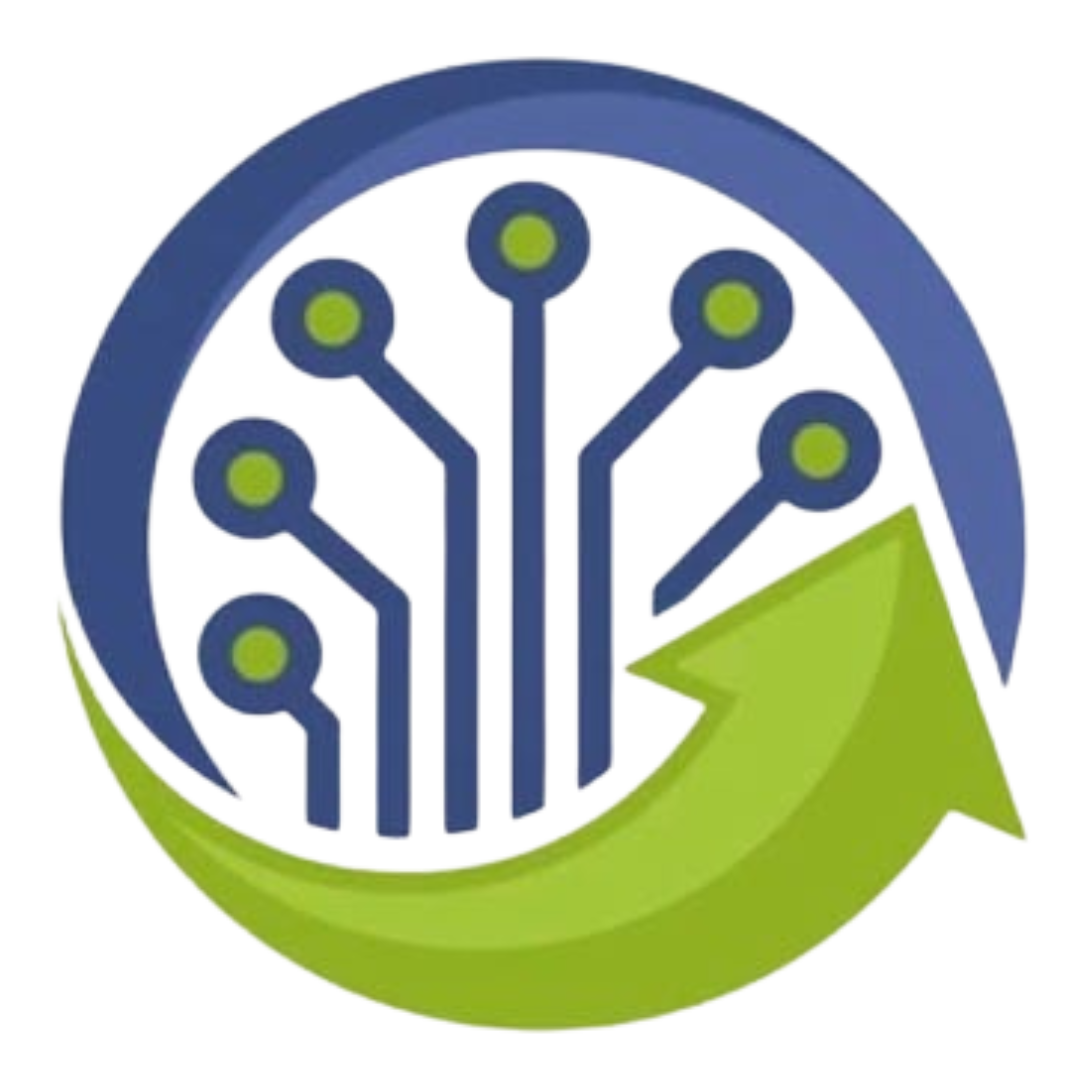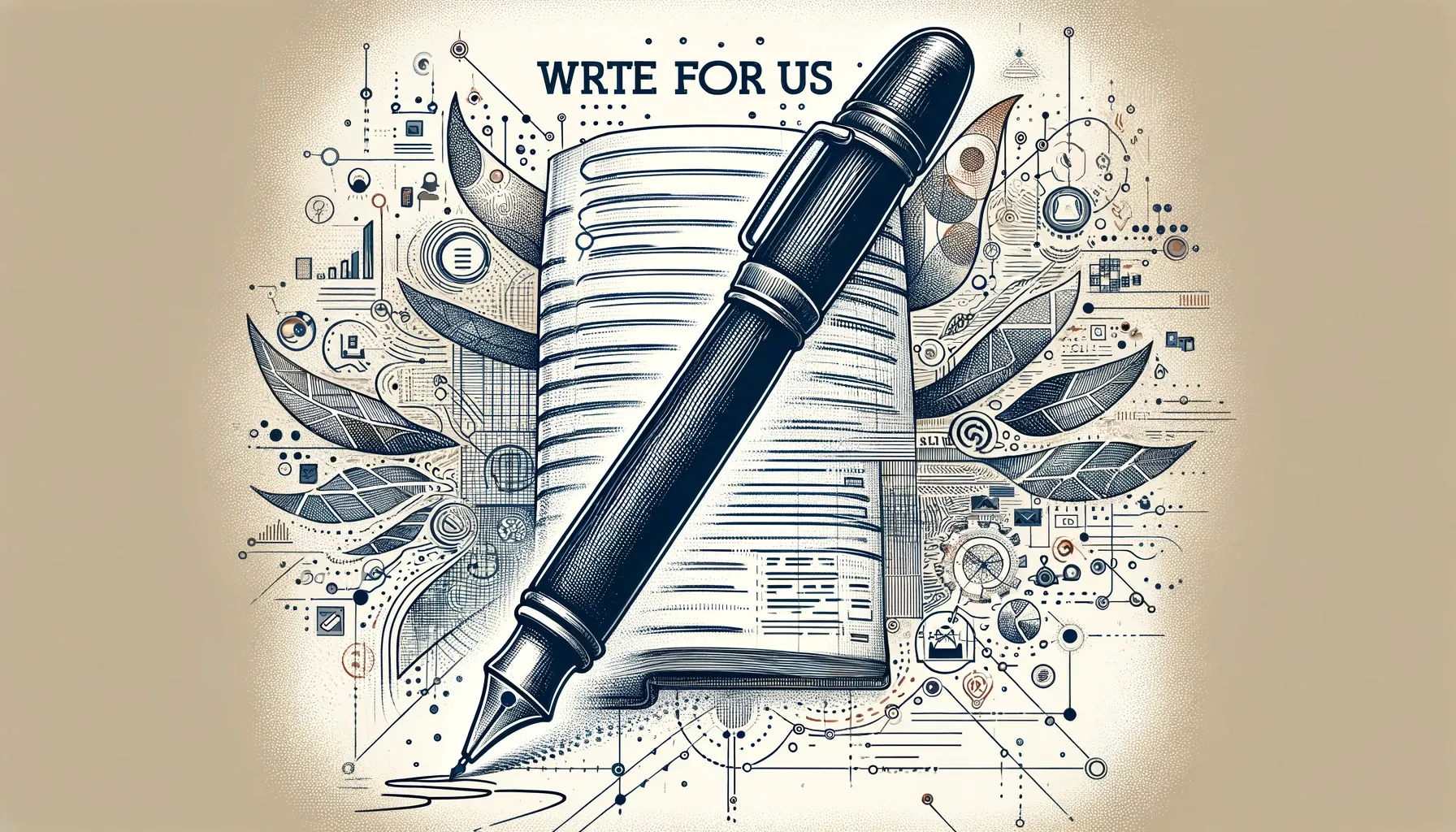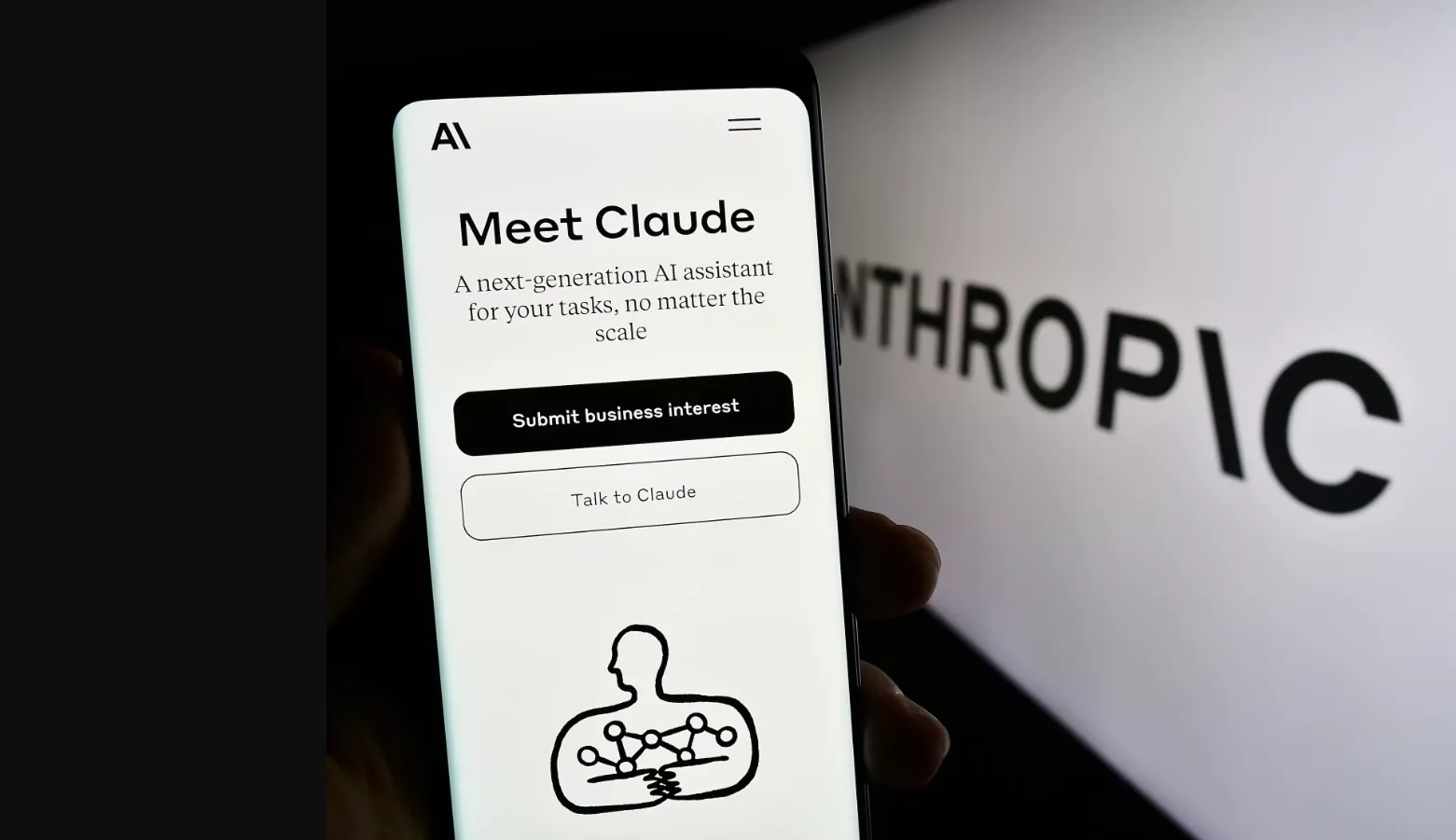Photo Credit: https://www.linkedin.com/pulse/state-ai-ethics-2023-balancing-progress-dave-balroop-oyzsc
Imagine this: You’re at the dawn of a new era, standing on the precipice of the unknown, you look into the vastness of the digital universe, and you have one question on your mind — how do we navigate this world with AI and uphold moral decision-making? This is the ethical minefield at the intersection of AI and morals we’re delving into.
Welcome to the 21st-century where technology has intricately woven itself into the fabric of our lives, that the question of ethical AI is as pertinent as ever. The ethical considerations here have a breadth and depth that nearly matches the expanse of artificial intelligence itself. From issues of privacy and consent to bias and transparency, the ethical discussion surrounding AI is far-reaching and complex.
“Standing at the crossroads of technology and ethics, it’s incumbent upon us to make the right decisions. The future of AI and our society depends on it.”
This article seeks to be your guide, an atlas of sorts, to help you navigate this ethical minefield at the intersection of AI and morals, shedding light on how AI impacts moral decision-making, highlighting key areas of concern, and hopefully, empowering you to be part of the conversation. So, buckle up, dear reader, because we’re about to explore uncharted territory.
As we push the frontier of technological advancement, delving deep into artificial intelligence, we’re bound to encounter grey areas when it comes to ethics. Artificial Intelligence (AI) has a way of forcing us to reimagine or even redefine our moral compass. Herein lies the crux; the challenge and the opportunity for you and me. As we journey together, we’ll scrutinize these unsettling realms of AI and ethical considerations.
Picture a scenario; an AI-driven self-driving car must make a split-second decision: veer off the road and risk the life of the passenger, or strike a pedestrian who has unexpectedly jaywalked. How should AI decide?
These are the types of questions that compel us to take a probing look into the interplay between AI and ethical decision-making. These are not just cerebral exercises meant for armchair philosophers or coders, but they demand active and ongoing engagement from all of us. After all, the future of AI will indubitably touch lives beyond computer labs and tech start-ups.
So where does morality come into play? It might be easy to assume that programming a machine with basic rules of right and wrong should be straightforward, almost like a binary on-or-off switch. However, the very essence of morality, intricately tangled with the complexities of the human condition, is anything but binary. The template for what is morally right or wrong is ineffably subjective, varying indisputably from person to person, culture to culture.
Pulling ourselves towards an understanding of how AI can and should make moral decisions can be a daunting task. But fear not, for we are in this together. As we proceed, we’ll delve into discussions about accountability, transparency, and the incorporation of human values into AI algorithms, giving you the insights and tools needed to engage further in this topic. So, let us march forward, unafraid of the ethical challenges AI presents us with. Because every step we take together, ensures the technology of the future is inclusive, fair, and responsive to our moral fabric.
- Artificial Intelligence, by nature, does not have a moral compass or personal experiences that inform ethical decisions.
- The ethical framework guiding AI must be consciously programmed by its human developers, a task fraught with complexities since moral compasses can greatly vary among individuals.
- As per research conducted by the AI Now Institute, current AI regulations are insufficient to ensure accountability and transparency, indicating a need for comprehensive policy frameworks.
- Issues around AI and ethics aren’t just about programming; they also encompass larger societal questions about the potential for bias and inequality, making it an interdisciplinary area of study.
- Many entities such as OpenAI and the Partnership on AI are making concerted efforts to ensure that AI research and deployment are conducted in a manner that respects human values and ethical considerations.
- One of the biggest challenges in incorporating ethics in AI is the “black box” problem — the lack of understanding of how complex machine learning algorithms come to a particular decision.
In conclusion, it’s clear that embedding ethics in Artificial Intelligence is a complex yet crucial undertaking that requires intentional and thoughtful input from its human creators. It is not a task that can be left solely to the realm of technology specialists. It requires an interdisciplinary approach, involving expertise in fields such as law, philosophy, sociology and cultural studies to ensure that it integrates diverse human values, perspectives, and needs.
The work of institutes like OpenAI and the Partnership on AI signals a positive trend towards addressing these issues and ensuring AI is developed and used responsibly. However, significant challenges still remain. Notably, shedding light on the “black box” of decision-making within machine learning algorithms remains a key obstacle. Our collective challenge, then, is to ensure the robust development of policy frameworks geared towards transparency, accountability, and the preservation of human rights within the realm of AI, leading ultimately to a future where AI technologies respect and uphold our shared ethical values.
. . .
If you feel like this read hit home and it’s worth a coffee for this writer, 🙂 You can buy me a coffee here. I’m forever grateful for your support. Cheers.
Video Credit: https://youtu.be/H9Esi2kDUsc?si=UMT8Rd6karWQg1Ey












Leave a Reply